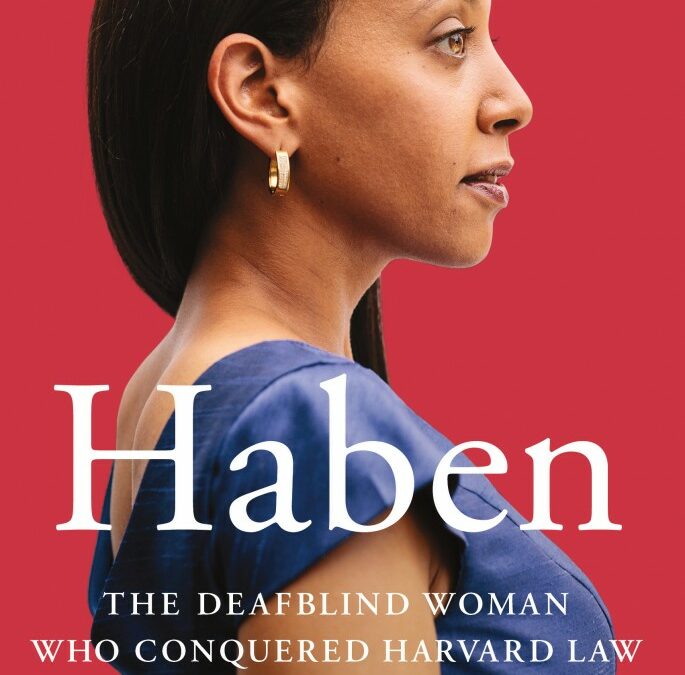
Interview with Oscar Davies, non-binary barrister at Garden Court Chambers
June 9, 2024
Commercial Awareness Update – W/C 10th June 2024
June 10, 2024By Freya Fredriksson.
Reading time: two minutes
Haben Girma
This captivating memoir describes the inspiring story of Haben Girma, the first Deafblind graduate of Harvard Law School and now a disability rights lawyer. She describes her journey from being the daughter of Eritrean immigrants to graduating from Harvard Law School – a testament to the power that resilience holds. For me, this biography is not only a source of inspiration but also a beacon of hope for individuals facing adversity, as she proves that the pursuit of education isn’t limited by challenges but instead fuelled by determination.
What distinguishes Girma is her profound message of empowerment, which undoubtedly resonates deeply with those who are disadvantaged and are navigating the legal landscape. Her journey shows us that societal expectations can be defied and that those with disabilities or additional challenges can succeed in a world that may not necessarily always be accustomed to diversity.
The importance of self-advocacy
What I thought was particularly inspiring was how she confidently advocated for herself as a law student at Harvard, despite encountering an educational environment that was inadequately prepared to accommodate her access needs. She proved that with critical thinking and resilience, she could overcome these setbacks. By using braille materials, assistive technology and a hearing dog, she helped her peers and professors to recognise the value of inclusivity and accessibility. This demonstrates how her actions not only helped herself but also helped her to foster a culture of understanding within her community.
My favourite part of the memoir is her unyielding advocacy which was evident when she struggled to read the daily food menu posted on the wall so she asked the manager to email it to her. In response to the manager’s refusal to do so, she wrote a letter to him and asserted her rights by stating “I’m not asking for a favour, I am asking Bon Appetit to comply with the law.” This underscores the importance for those who require reasonable adjustments not to be afraid to stand up for themselves and their access needs.
While ‘Haben’ intimately chronicles her life, I believe its significance extends beyond her experience and that her memoir represents thousands of individuals navigating challenges on their path to a legal career. This means this thought-provoking book serves as a powerful reminder that with unwavering determination, societal barriers can be broken.
Inclusivity and equity
Overall, this book is a must-read for anyone who is seeking inspiration and wants to contribute to the rise of advocacy and inclusivity in contemporary society. This transcends a memoir, it’s an intriguing story of how we should continue to strive for a more inclusive world and how we, as a society, can advocate for improved equity.





